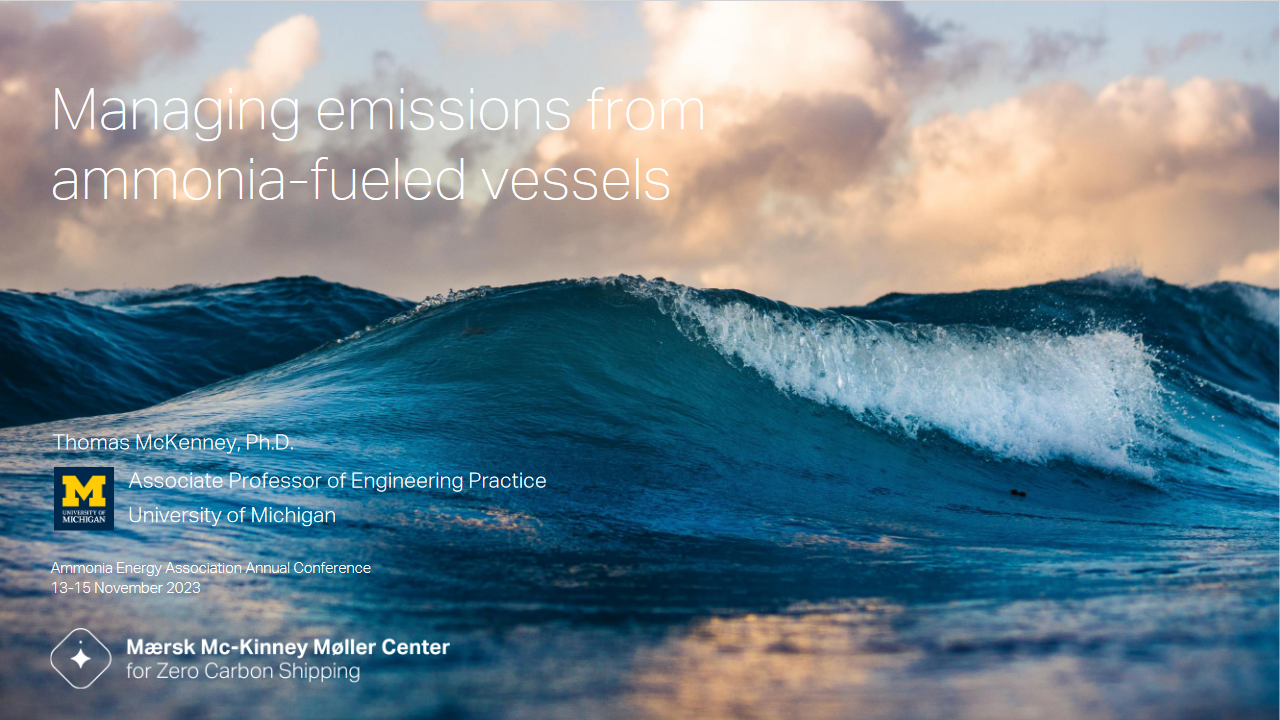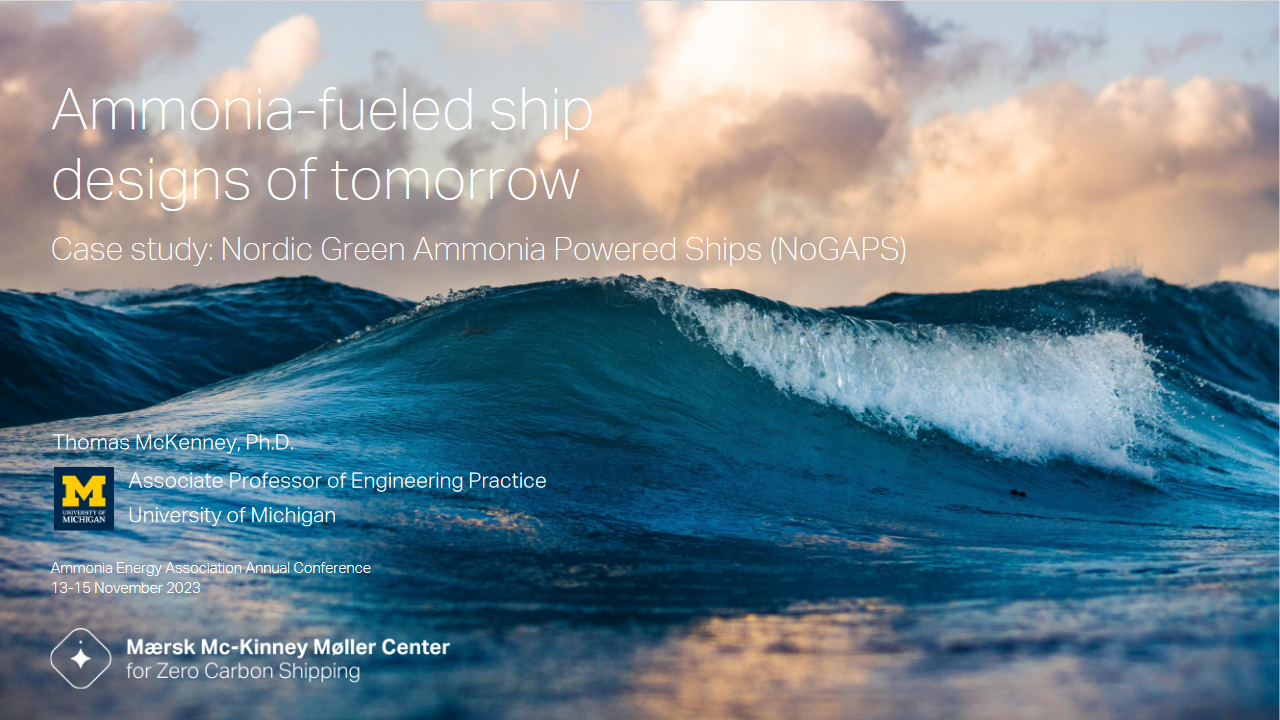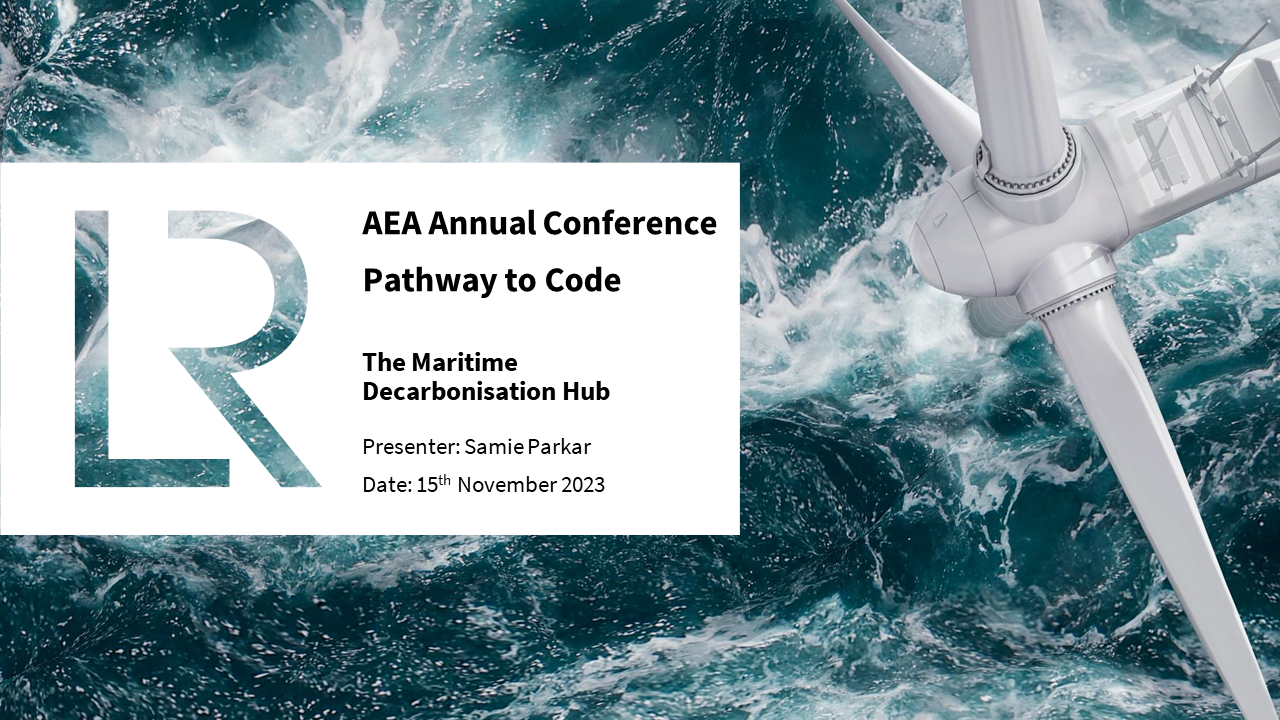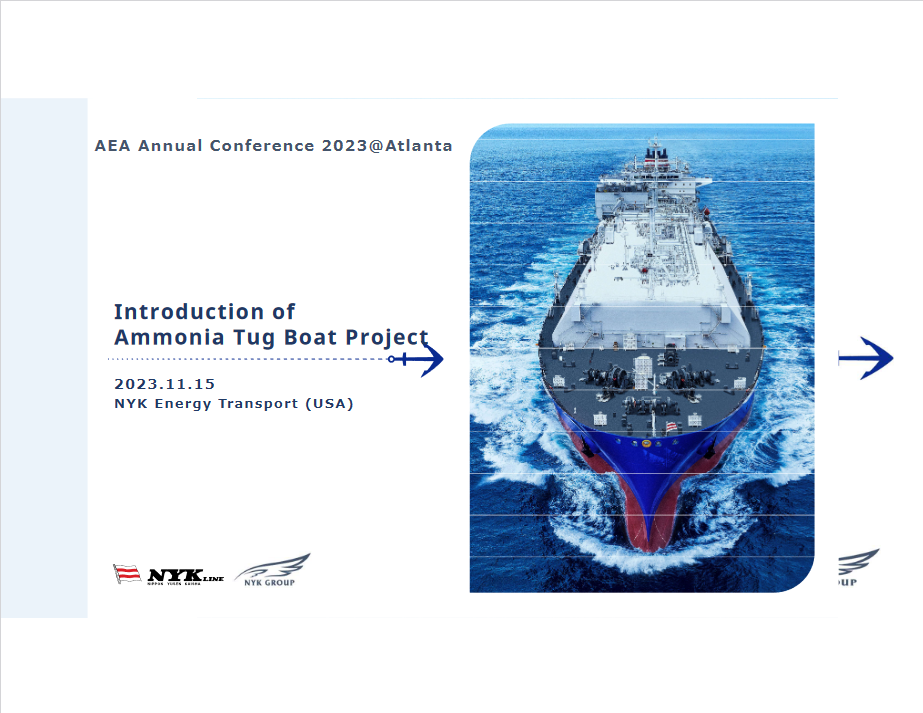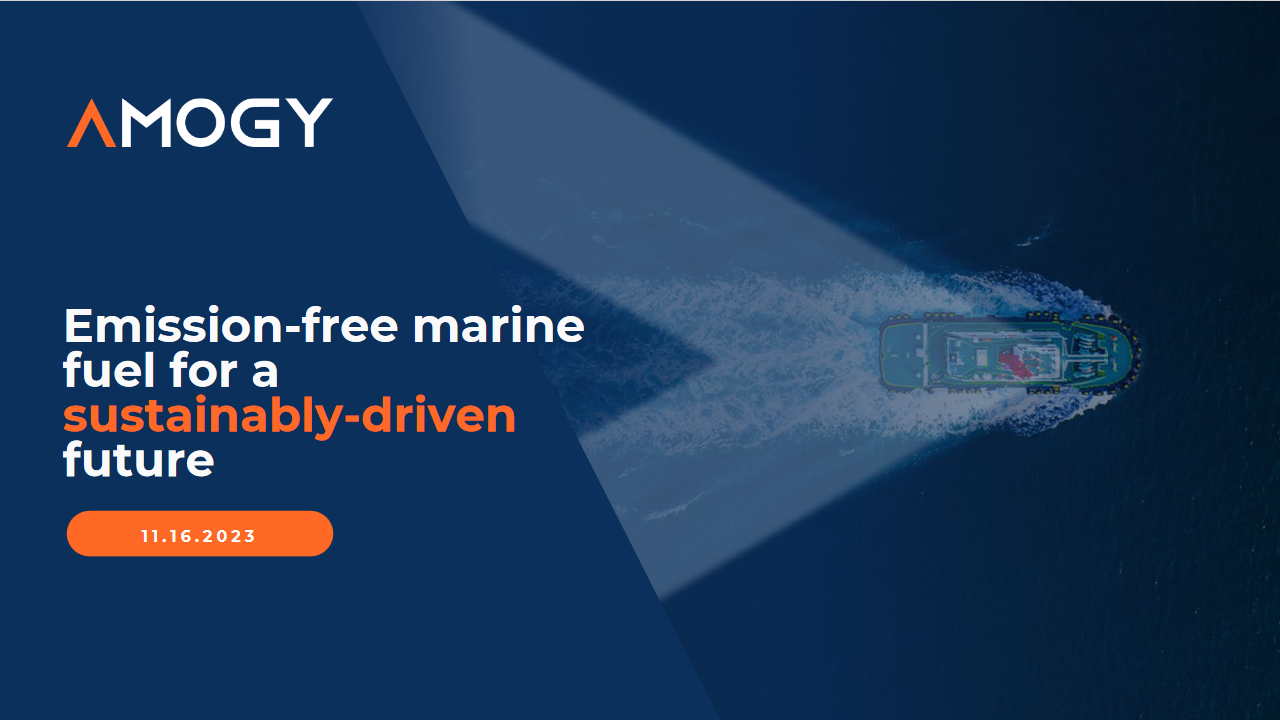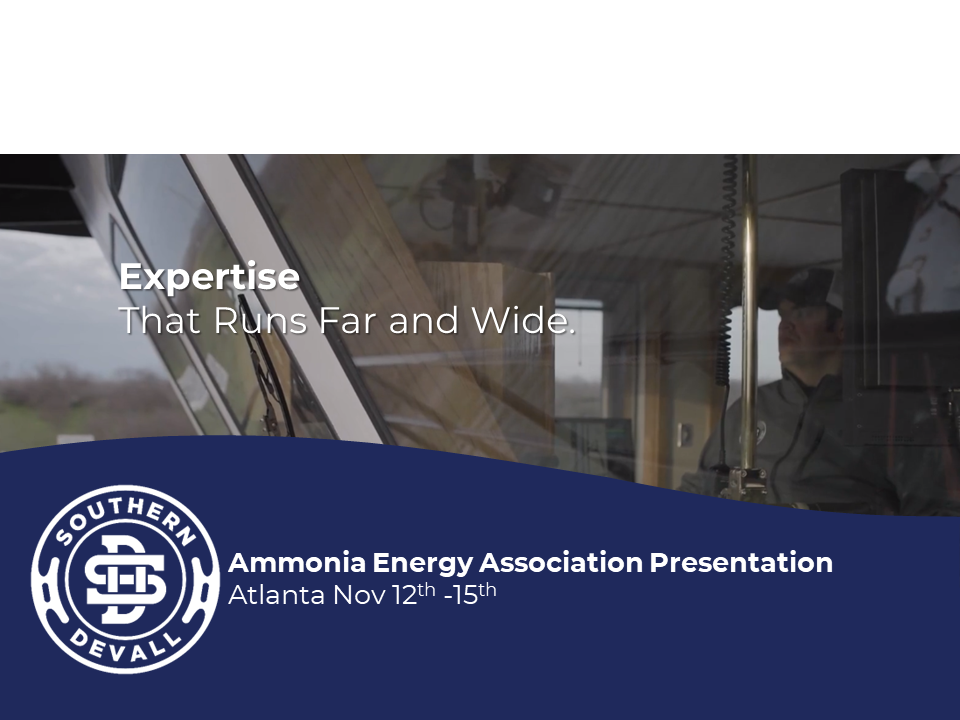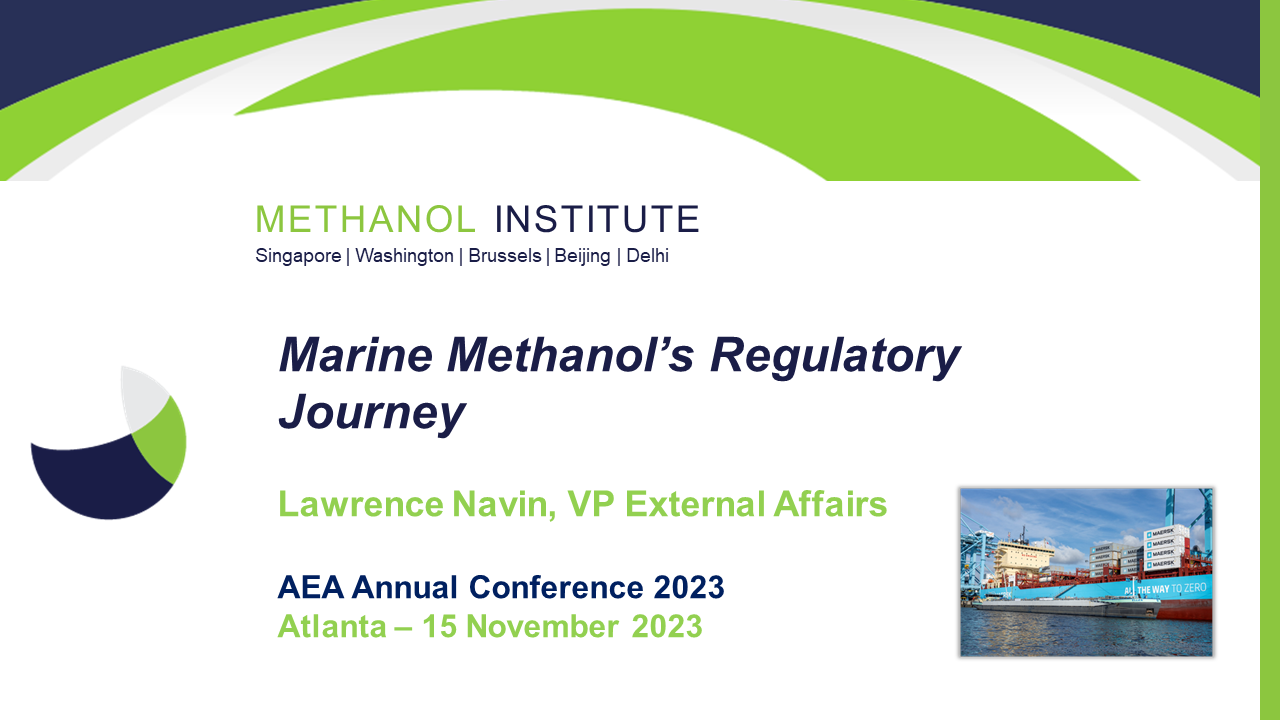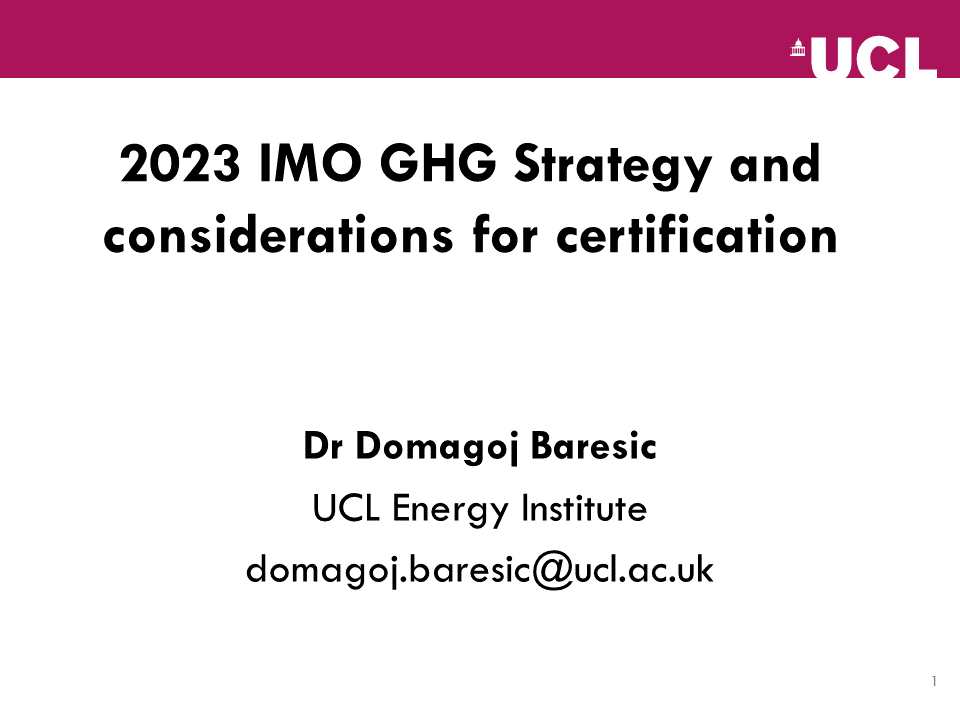Article
The Yara Eyde: ammonia-powered container shipping over the North Sea
Yara Clean Ammonia, NorthSea Container Line and Yara International announce the new vessel will sail from 2026, operating between Norway and Europe. Yara Clean Ammonia will supply ammonia fuel via a storage and bunkering network that is being developed with Azane Fuel Solutions, with the first demonstration to take place in Brevik, Norway.
